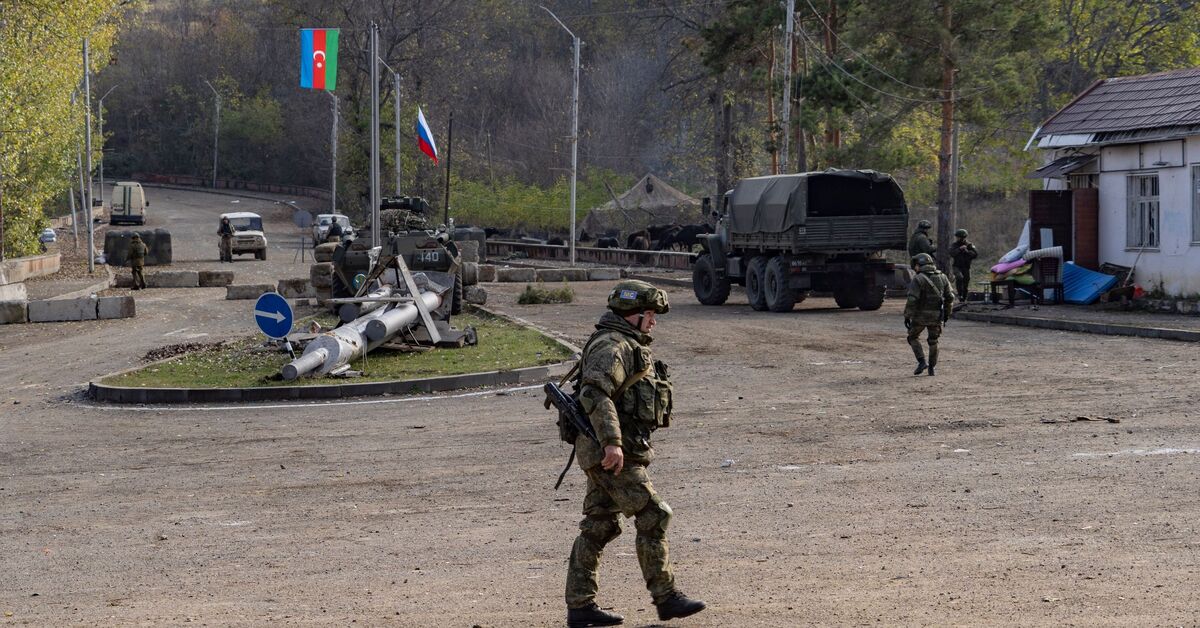Turkey’s charm offensive in Senegal: migration scholar unpacks the relationship
Turkey has been trying to establish a stronghold in Africa, using the “Opening up to Africa” policy it adopted in 1998.
Its Africa Action Plan, based on humanitarian aid, politics and economic cooperation, has turned toward west Africa.
As a scholar of migration studies, I’ve analysed the forms of agencies, social networks and transnational e-commerce between Dakar and Istanbul. I also look at the people involved, including migrants, networks of traders and “gratis passengers” – people who use their baggage allowance to transport small packages between Istanbul and Dakar.
My study highlights active transnational trade and a circular, yet strategic, migration that is less visible. The interviews focused primarily on the back-and-forth of traders between Dakar and Istanbul, the gratis passengers (mainly Senegalese), and other Senegalese businessmen. Using the power of social media such as WhatsApp, TikTok, and Facebook, some of them regularly trade with Turkey while residing in Senegal. Others go back and forth between the two countries.
I conclude that the ease of people’s movement between Senegal and Turkey has enabled growth in the circulation of goods between Turkey and Senegal.
A number of factors have been responsible for this success. They include ease of getting Turkish visas and airline travel (and the discounts Turkish Airlines offers to the so-called gratis passengers). There are also historically rooted Muslim networks (Muridiyya and Tijaniya Sufi Muslims) in both countries.
In 2021, the volume of commercial, industrial and investment exchanges between the two countries reached more than US$540 million, compared with more than US$91 million in 2008. During the last visit of Senegalese prime minister Ousmane Sonko to Turkey in August 2025, both countries said they wanted to increase the bilateral trade to more than US$1 billion.
Historical ties
Cooperation and diplomatic relations between Senegal and Turkey go back to the early 1900s when an honorary consulate was opened in Dakar to preserve the contacts established with Istanbul. These early contacts are the beginnings of a Turkish diplomacy aimed at exploring the economic prospects of west Africa.
The first Turkish ambassador was posted to Senegal in 1963. The first Senegalese embassy opened in Turkey in 2006.
Senegal’s exports to Turkey include cotton, fishery resources, cereals, fruits and skins. It imports steel, furniture and spare parts.
This cooperation also extends to defence, security and culture. In 2020, the construction of a Turkish cultural centre was planned for Senegal in the coming years.
In 2017, Turkey regularised more than 1,400 Senegalese living in the country. The numbers of Senegalese in Turkey varies according to different sources. We estimate that several thousand Senegalese live in or have passed through Turkish territory since the mid-2000s.
Many Senegalese traders and social network entrepreneurs, especially women, have seized the opportunity in the last 15 years to take business trips to Istanbul and to promote trade exchanges without even leaving Senegal. This has changed the landscape of Senegalese migration to Europe and also allowed certain types of traders to specialise in Turkish imports.
These imports, and specifically the Turkish products, are commonly known as bagassu Turkii in Senegal. They include cosmetics, household accessories, clothing and technology.
Round-trip dynamics between Dakar and Istanbul
The traders interviewed said they had chosen İstanbul as a wholesale supply centre because of the high cost of travel to China and visa problems with China. In Istanbul, most of the Senegalese work as freight “shippers” or gratis passengers and, by extension, carriers of tax-free parcels to Senegal and other west African countries.
We differentiate them from the “kargo” migrants, who transport large quantities of goods and products from Turkey by sea freight to reach Senegal.
Gratis passengers, carrying smaller quantities, travel by plane. But they also often send the rest of their goods by boat or overland through kargo migrants.
The round-trip dynamics they have developed between Dakar and Istanbul rely on the fact that they benefit from preferential rates for plane tickets. They have set up a paid parcel transport system based on their baggage allowance.
Unlike normal passengers who cannot exceed the authorised 46kg, gratis passengers can carry up to 100kg per trip. This is often with 50% reductions on their fares because of travel offers and loyalty cards with companies such as Turkish Airlines and Air Algérie. Due to the often excessive luggage, it is still not possible for them to benefit from a normal import agreement, hence the use of preferential tariffs.
Gratis passengers also have the option of carrying additional baggage to be charged as cargo. They regularly take two or three return flights per month.
Steps forward
This work opens four avenues for further analysis.
Firstly, studies on the volume of goods shipped from Senegal to Turkey, and vice versa, who transports them, and how much they earn. Both states would then be better able to support them in various ways (data collection, access to appropriate services, platforms for exchange, skills and experience) in the creation of new jobs.
Secondly, the e-commerce sector deserves greater consideration. It has not only contributed to lowering the cost of goods in local markets for consumers but has also made bagassu Turkii more widely available in Senegal.
Thirdly, local artisans accuse the bagassu Turkii of undermining local textile production and creative skills. Several Senegalese artisans – shoemakers, jewelers, tailors – told us, for example, that Turkish products – shoes, leather bags and clothes, above all – are serious competition for certain local products. The more elaborate and refined bagassu Turkii sell easily in the Senegalese market because of their affordable prices, unlike local products that are handmade and often require many hours of work.
Fourthly, short-term circular migration can boost the economies of low-income countries and gradually allay the concerns that currently dominate the political debate over international migration.



